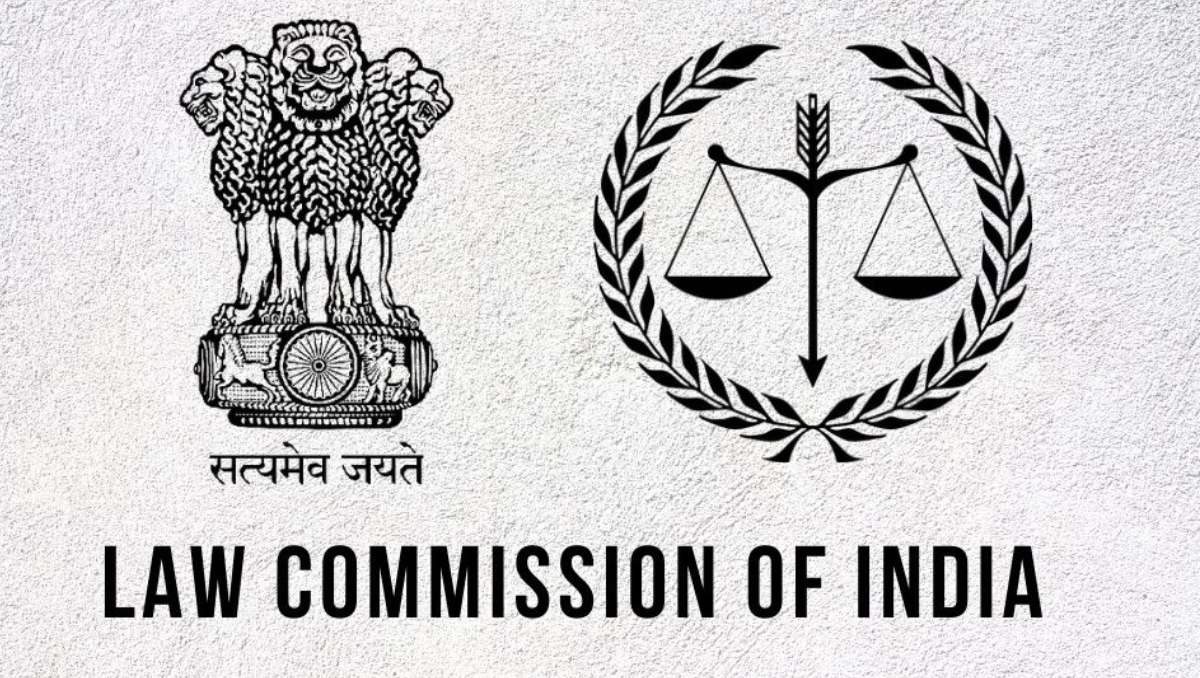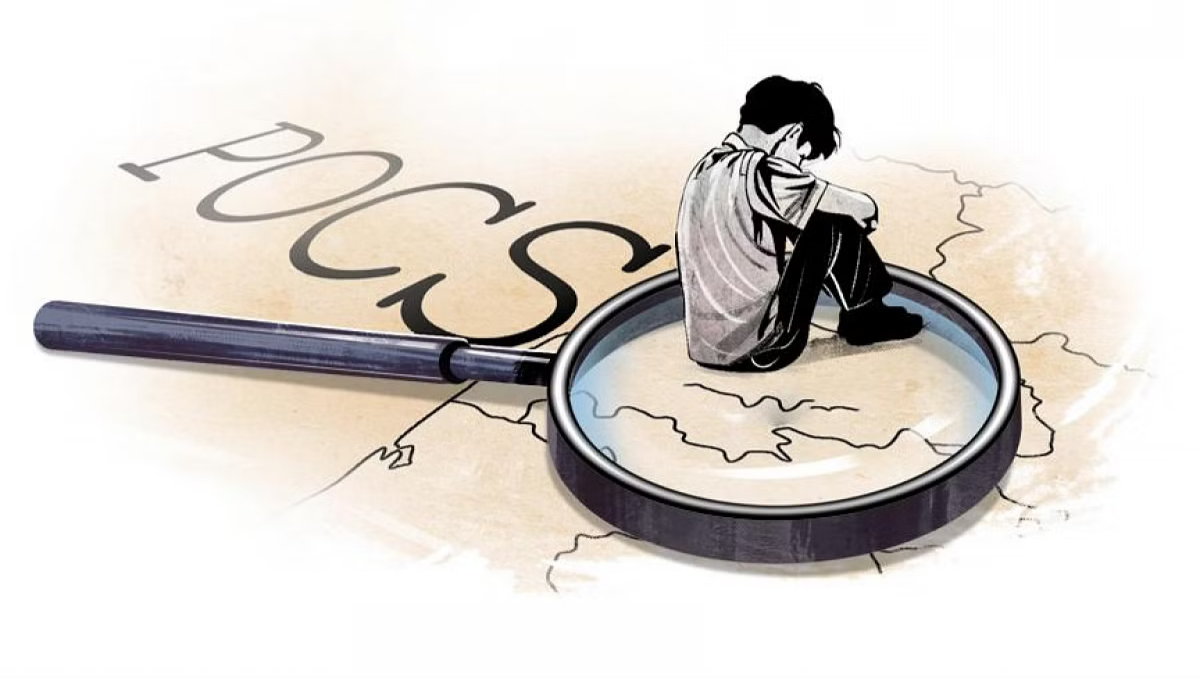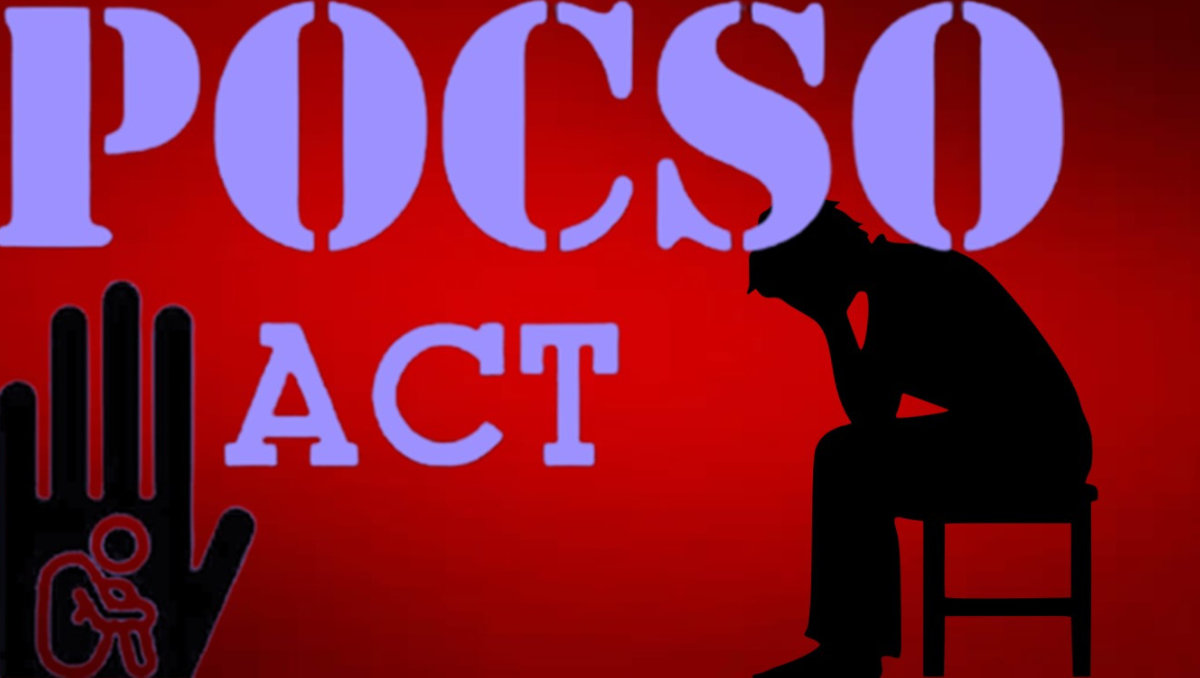Table of Contents
The Law Commission sheds light on the impact of lowering the age of consent as it can have a negative influence on the fight against human trafficking and child marriages.
What does the law state?
In India, under the Protection of Children from Sexual Offences Act (POCSO), the legal age for consent to sexual intercourse is set to 18 years. However, in December last year, Dhananjaya Yeshwant Chandrachud, Chief Justice of India, prompted the Parliament to address the issue of increasing concerns around and about the age of consent. In his statement, he said, “The POCSO Act criminalizes all sexual activity for those under the age of 18, regardless of whether consent is factually present between the two minors in a particular case”.
He continued to say that such laws work on a pre-assumption that any kind of legal consent cannot exist for people under the age of 18. This, in turn, leads to an understanding that any kind of sexual activity between people below the age of 18 will amount to harassment and rape.
Response of Other Ministers
To Chandrachud’s request, Smriti Irani, Women and Child Development Minister, had stated that the government is not planning to reduce the age to 16 for sexual intercourse.

Ritu Raj Awasthi, who was heading the law commission in its preparation of the 283rd report on the age of consent under the POCSO Act and who is also the former chief justice of the Karnataka High Court, advised against reducing the age of consent as this might negatively influence the cases related to child marriage, child abuse, and child trafficking.
Arjun Ram Meghwal, the Law Commission, has however suggested that certain amendments should be made in the POCSO Act to rectify the situation “wherein there is tacit approval in fact” but this should not be done through the “consent in law on the part of the child aged between I6 to l8 years”. It is important to tread with certain caution when looking through such cases as adolescent love cannot always be controlled and criminalized.
To address this concern, the Commission arrived at a decision where it deemed fit to introduce “guided judicial discretion in the matter of sentencing in such cases” so that the law can be fair and balanced while keeping and safeguarding the best interests of the child at the same time.
The Law Commission proposes some additional steps
In addition to this, the Law Commission has also suggested the registration of e-FIRs and the setting up of a centralized national portal to make the process smoother and more effective. The e-FIRs will help to address the issue of delay when it comes to the registration of FIRs. The Commission has told the government that the required service should be launched in a phased manner and should begin with offenses that bear up to three years of jail terms.

In an increasingly digitized world, this step would ensure the timely redressal of grievances. Similar sentiment has also been shared by Ritu Raj Awasthi who commented that in a changing landscape of today’s times where “means of communication have progressed in leaps and bounds, clinging on to an archaic system of registering FIRs does not augur well for criminal reforms.”



